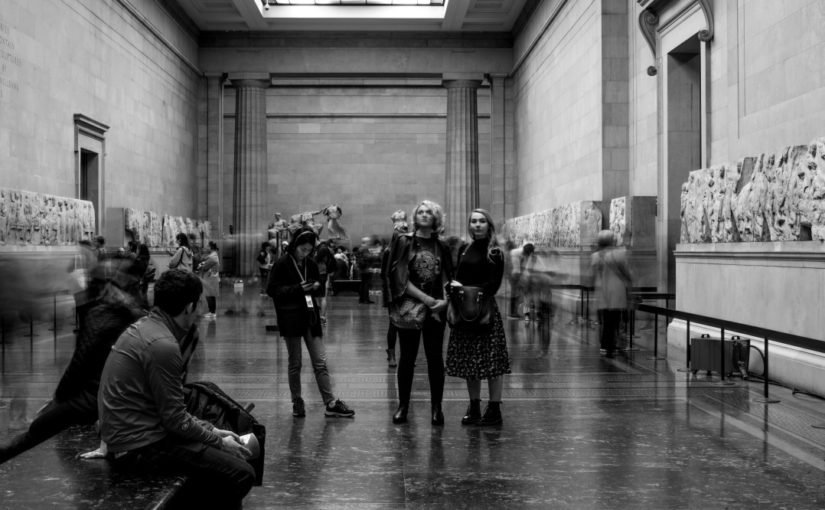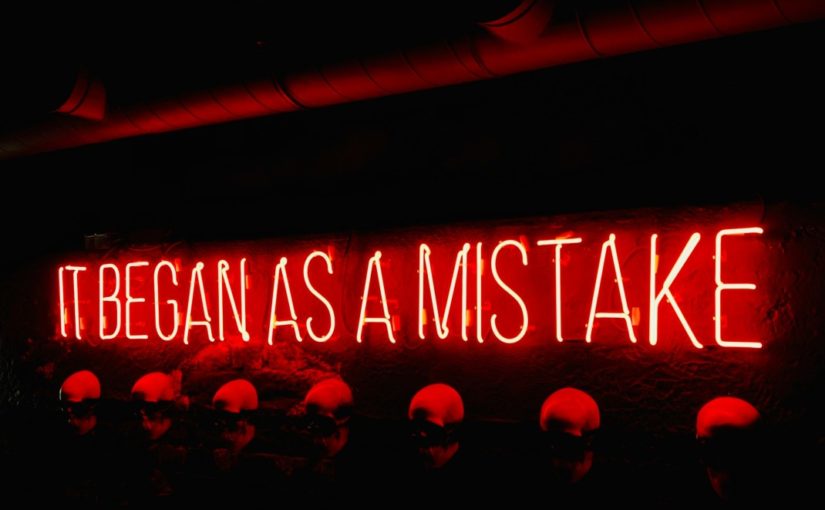The quote for this article comes from Buddha: „If you stretch a string too tight, it will break. If you stretch it too weakly, you won’t be able to play it.“
This can be applied to all situations in life. Especially when raising your own children or in leadership. As a manager, this is particularly relevant in business. This reminds me of the SANTIAGO model by Prof. Dr. phil. Dr. h.c. Rolf Arnold. SANTIAGO is a systemic leadership approach. In this approach, the change comes from within the person themselves and is not attempted to be brought about from the outside. By asking questions, the string of change is slightly tightened so that a „play“ is possible. SANTIAGO is an acronym (but works only in German) and means the following:
S = Vicarious leadership: The leader motivates self-leadership. Leader and follower accept each other and recognise each other’s expertise. Managers understand that they cannot actively control their employees and move away from feeling responsible for everything. They develop expertise in the team. This includes two aspects: 1. facilitation-orientated, which means that goals are developed and clarified in a participative manner. 2. potential-orientated, i.e. training needs, and development potential are regularly assessed and supported.
A = Autopoiesis means that systems, including people, are self-regulating and cannot be controlled from the outside. Managers only intervene when intervention is necessary. The disruptions to the system are appropriate through e.g. coaching questions with the knowledge that the solution should come from the employee. Holistic, networked thinking is crucial here. Knowledge acquisition can only be self-directed, and employees take responsibility for their own learning and their learning competence. Knowledge is not only acquired, but also actively demanded and applied.
N = Sustainability means that everyone in the team is allowed to be authentic so that changes are established in the long term. Team members are stimulated by challenging tasks and projects to be worked on independently and by questions that are questioning to interrupt patterns of the team members. By interrupting patterns, the previous reality is scrutinised and the previous world view is changed. This takes place in three stages: Reflection on the action, the behaviour, analysis of the situation and consideration of a new, changed action. These three stages circulate and thus form learning loops.
T= Transformation stands for questioning interpretation patterns and interpretations and making the team aware that their own point of view is only one possible view. As a manager, you are there to de-escalate through looking for arguments for different points of view. Reflection is encouraged. Existing mental models are critically analysed and adapted. Adaptation can only come about through intrinsic motivation, which the manager encourages by asking coaching questions and setting appropriate tasks in order to leave the comfort zone.
I = Interpretation means that perception arises on the basis of one’s own patterns of interpretation. These patterns of interpretation are the basis of attitudes and therefore of actions. For the team, it is important to recognise the patterns of interpretation in order to then irritate the familiar processes based on experience. So that the team member begins to question these themselves. In order to change the interpretations, a link with the organisational values is necessary. The values are thus guidelines for new interpretations to be learnt, and thus for the attitude that then brings about the action.
A = Arrangement serves to create the space for reflection, irritation and reinterpretation of interpretation patterns and interpretations. Managers need suitable strategic arrangements to enable their employees to learn and lead themselves. This requires clarity of purpose and clear transparency. The key question is: „What do we need to do today to remain successful?“
G= Serenity is a crucial point, as actual change can only come from within. As a manager, you cannot bring about a change in a team member yourself; each team member can only bring about change on their own. It is important to focus on the essentials and wait for the right time to irritate the reality of the individual.
O = Organisational development the change of thinking patterns and interpretations of the individual gradually changes the organisation. The organisation itself is an autopoetic system that can be changed by the members of the organisation. Changes occur through so-called double learning loops. Projects that are not successful or do not succeed change actions in the first learning loop. If the projects are not significantly more successful, a change in attitude and values is required. This is how organisational development comes about. The central question is: „Why do we need this?“









